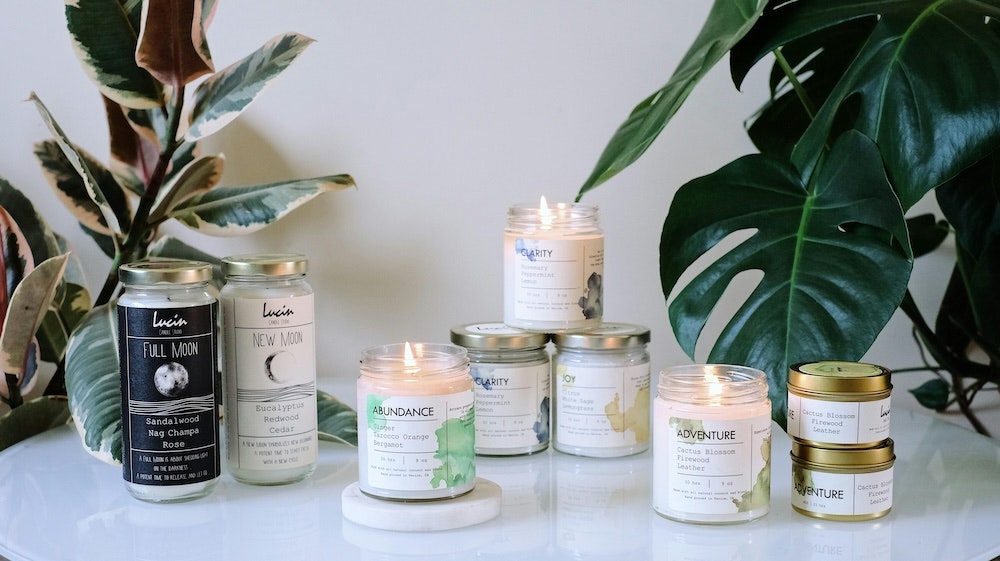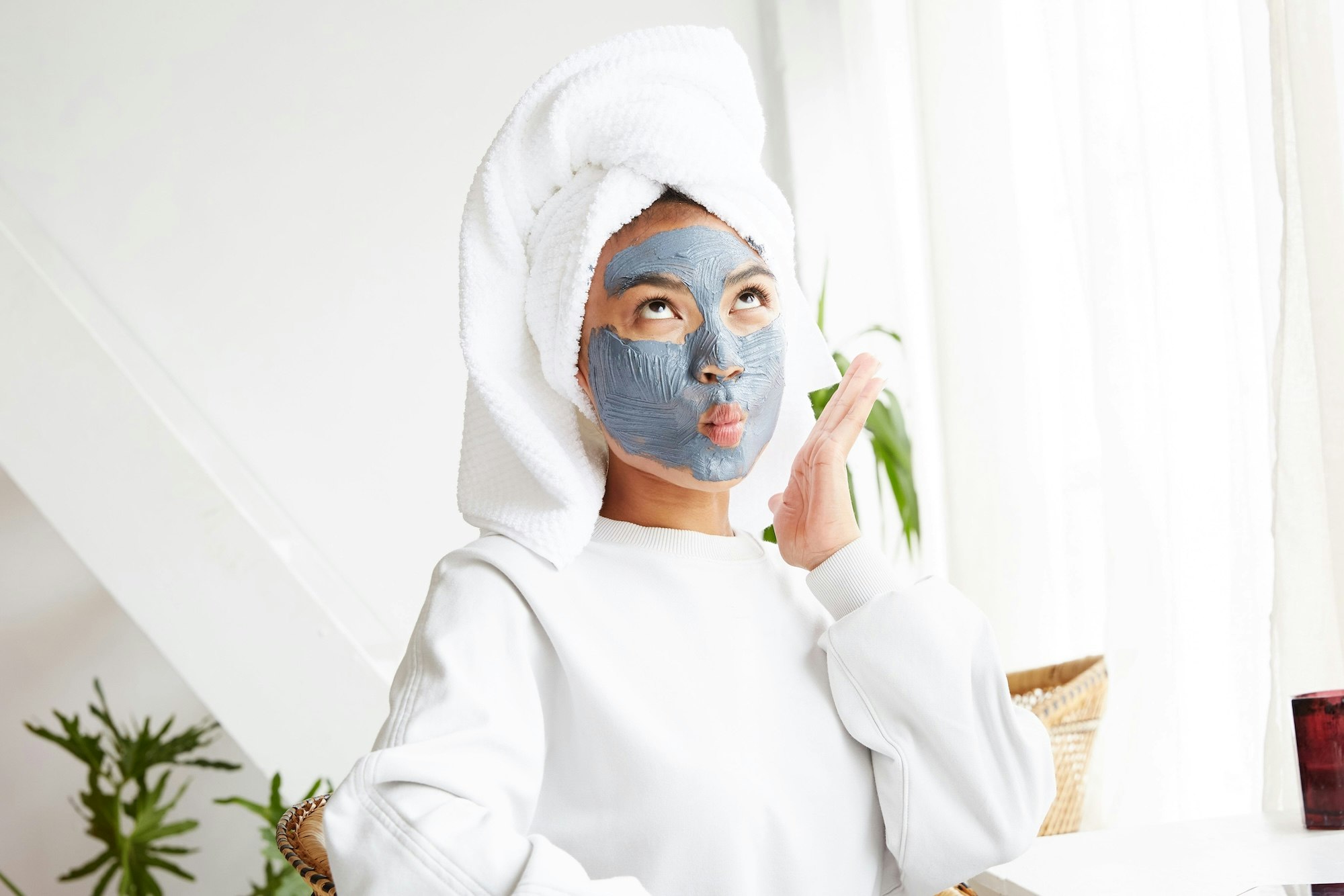
Introduction
So you want to start a skincare or hair care brand? The process of creating a your own brand or product can seem daunting at first, however; it ultimately boils down to a couple paths a brand founder or product developer can take to bring the project to life and reach your first sale: private label vs custom formulation.
When creating a skincare brand, it's important to establish a clear understanding of your project goal. Some examples are listed below for you to consider.
-
Is your goal to bring a brand new product or formula to consumers?
-
Is your goal to test a general product concept to ensure product-market fit?
-
Is your goal to start selling a skincare product that is already being sold, but rebranded to be your own?
Answers to the above questions will help you to decide whether you must pursue custom formulation or if you can, instead, work with a private label manufacturer.
Understanding private label products vs custom formulation
The major differences between private label products and custom formulated products are the cost and lead times associated with each. For example, custom formulation often requires R&D (research & development) fees, larger MOQs (minimum order quantities), stability testing fees and certification fees (such as USDA Organic, Fair-Trade, Cruelty-Free, Dermatologist Certified, etc.)
Private label skincare manufacturers have already invested in these development and regulatory fees. This, in turn, allows you to use their formula as your own and purchase at lower MOQs - thus making it a much more affordable production process.
Pros & cons of white label skincare products
Working with private label skin care suppliers to manufacture your products allows you to work with industry experts to seamlessly create a unique line of skin and hair care products with no prior development experience required. This option grants access to some of the lowest minimum order quantities in the industry, in turn, allowing you to test new products with little to no risk. The cons are primarily around degree of customization and optionality.
For many, the benefits of private label manufacturing outweigh the cons of being limited to stock packaging and formulas.
Pros & cons of custom manufacturing
Working with a custom contract manufacturing partner for your skin care, body care, or hair care line inevitably comes with higher startup costs and longer lead times. However, it's important to note that with this often comes higher profit margins. As a rule of thumb, it's safe to estimate R&D fees ranging from $0-$5,000 per product, MOQs starting at 5,000 or 10,000 units and lead times between six months and one year.
If you are looking to make very specific marketing claims or bring a completely unique product to market - this is absolutely the path for you!
Formalize your product or brand value proposition
As you develop your brand, it's important to consider what values you want to bring to your customers. Of course, everyone wants to product high quality products, but what marketing claims are important for your formulas to make? For example, over the last several years, the natural products industry has grown substantially. Is it important for your business to be able to make industry marketing claims such as "Sephora Clean"? Or are there specific product benefits, such as anti-aging or cruelty free, that you want your skin care formulas to be able to support? Understanding your product or brand value propositions will help you in narrowing down which supplier is best suited to manufacture your skin care line.
Consider your skincare brand packaging
When building a business, it's always important to consider the packaging options available. Naturally, with the low minimums associated with private label, it's important to remember that the packaging available for purchase with the manufacturer may be limited to a small, stock collection. Most often, these private label manufacturers have a line of products that are readily available to customers. These components are available at a smaller minimum order quantity and can then be customized with a customer's logo or brand on labels or silk-screen printing.
If you are looking to enhance your brand with statement packaging and are comfortable with a larger minimum order quantity & a longer production lead time, it would be in your best interest to manufacture custom packaging and components. With packaging and components, there is a similar private label vs. custom manufacturing experience. You can work with a manufacturer, such as Shine Ray, to source premium quality stock components which you can customize the color, finish (ie matte, glossy, soft-touch, etc.) and add your logo or labels. Alternatively, you can work with a manufacturer to open a mold and create components that are completely unique to your brand (al-la Fenty or Rare Beauty). Mold fees generally come with a price tag starting around $3,000 and MOQs starting around 10,000 pieces.
How to start sourcing for our own brand
Step 1: Consider your goal for the product line
As referenced above, understanding your underlying brand goal will help you to understand whether private label or custom manufacturing is a fit for your project. As a general rule of thumb, you will be required to select between low minimums and unique formulas and/or packaging.
Step 2: Understand your product or brand value proposition
There are private label and custom manufacturers that can support a variety of marketing claims. Once you know the claims that are important to your brand (such as natural or cruelty free), you can start building your product brief to share with manufacturers during the vetting process.
Step 3: Build your product brief
Before reaching out to manufacturers, it's important to put together a product brief! You can download our template here. Your brief should include the detailed specification of your product such as a comparable benchmark, required marketing claims, must have ingredients, your logo and branding if available, target unit cost, and required delivery dates. You can also request a soft quote from Pietra by submitting your completed product brief here.
Step 4: Start vetting suppliers
Start by reaching out to private label and custom manufacturers to see if they can produce a product that matches your product brief! When vetting suppliers always recommend requesting examples of comparable work on either other private label skin care products or custom formulation for other skin care customers. When custom formulating, it's also important to inquire on formula ownership. Typically, manufacturers will sell you the rights to the formula for a set cost or offer you a buy back period (ie. once you spend a specified amount on production runs, ownership will transfer to you).
Step 5: Order samples!
Once you've nailed down the manufacturer it's time to begin orderings samples. Sample costs can range from free to $5k+ if development fee are required. Private label skincare products are generally readily available to ship and available for sale at a low cost.
Pietra's picks: best skin and hair care manufacturers and products
Ready to get started? Check out Pietra's top picks for private label skincare manufacturers and custom contract manufacturers.
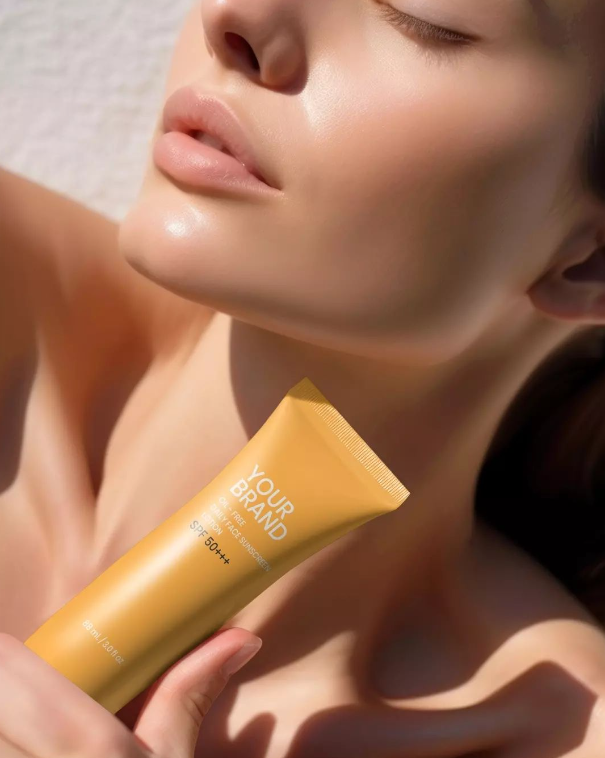
GP Labs
GP Labs is a US-based formulator and private label manufacturer specializing in skin care and hair care. Their deep understanding of hair, skin, and supplement manufacturing means that they are uniquely positioned to create products that truly enhance your customer’s experience with your brand.
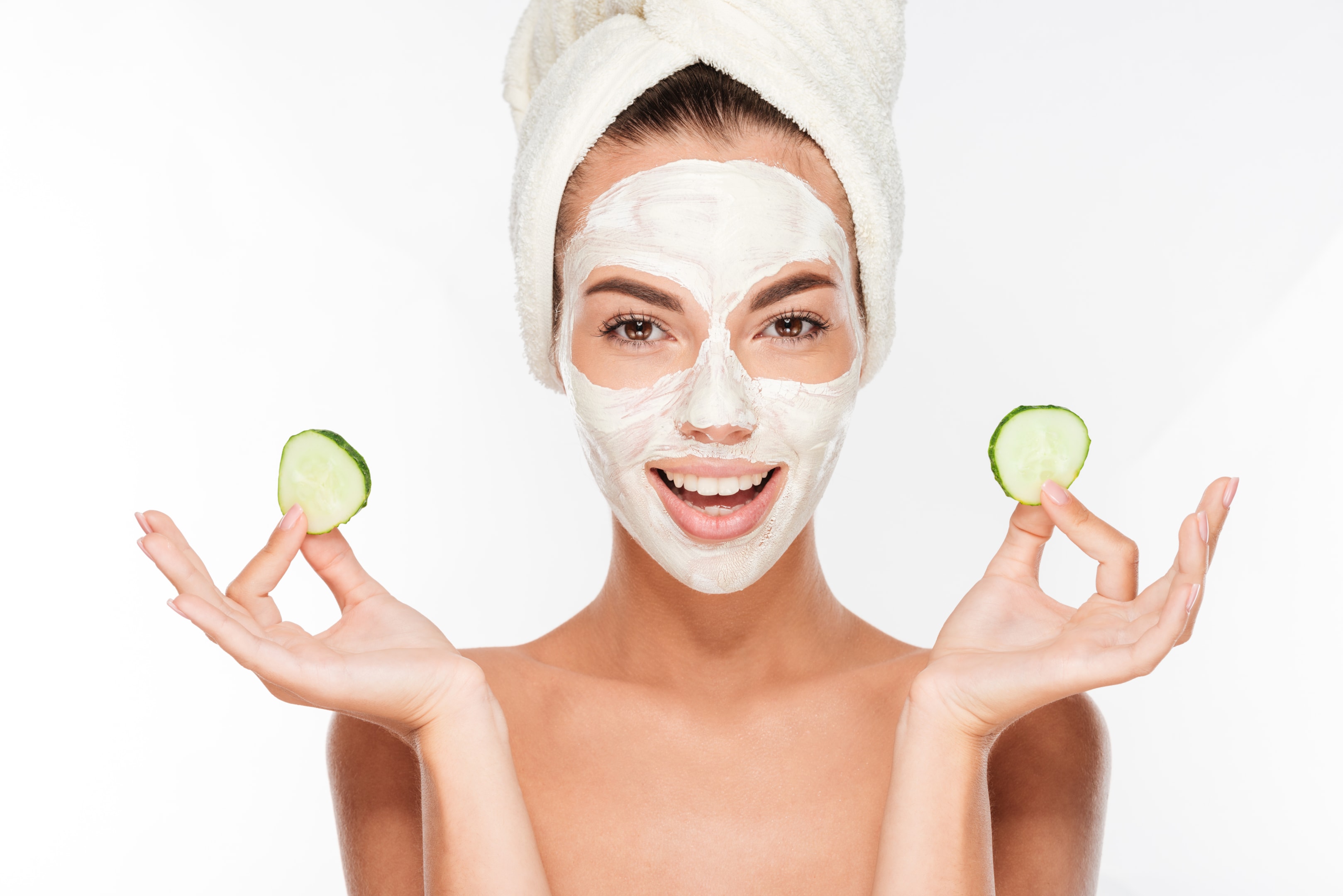
Private Label Beauty and Wellness
Private Label Beauty and Wellness is a certified organic facility specializing in innovative natural and organic formulations. They have a world-class science and R&D team with over 30 years experience developing personal care products and over 20 years experience in global sourcing of raw materials and packaging components for clients.
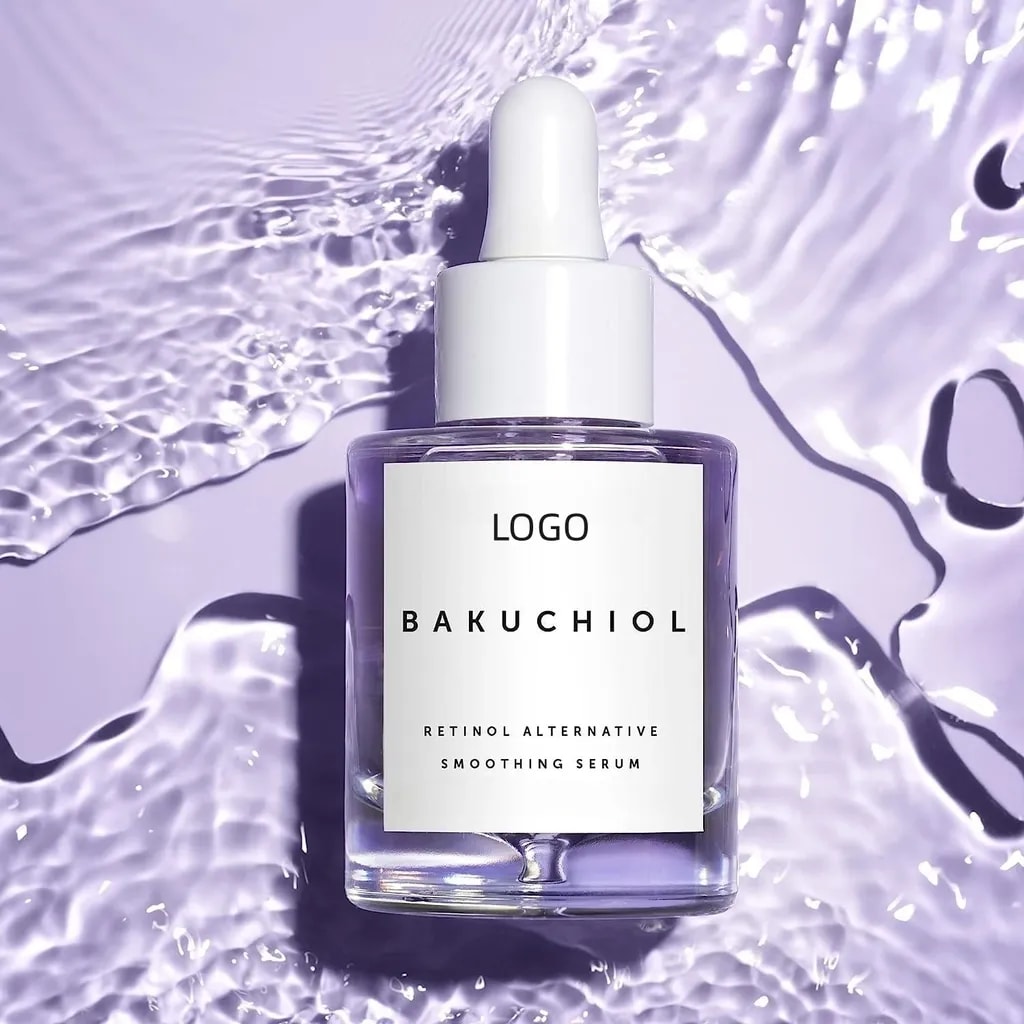
Zhengzhou Magique Huaer Biotech Co.,Ltd
Zhengzhou Magique Huaer Biotech Co., specializes in skincare products with an OEM/ODM design, production, label, packing, and export shipment systems. They also offer a turnkey solution to producing your own cosmetics formulas or working with pre-existing private label formulas.
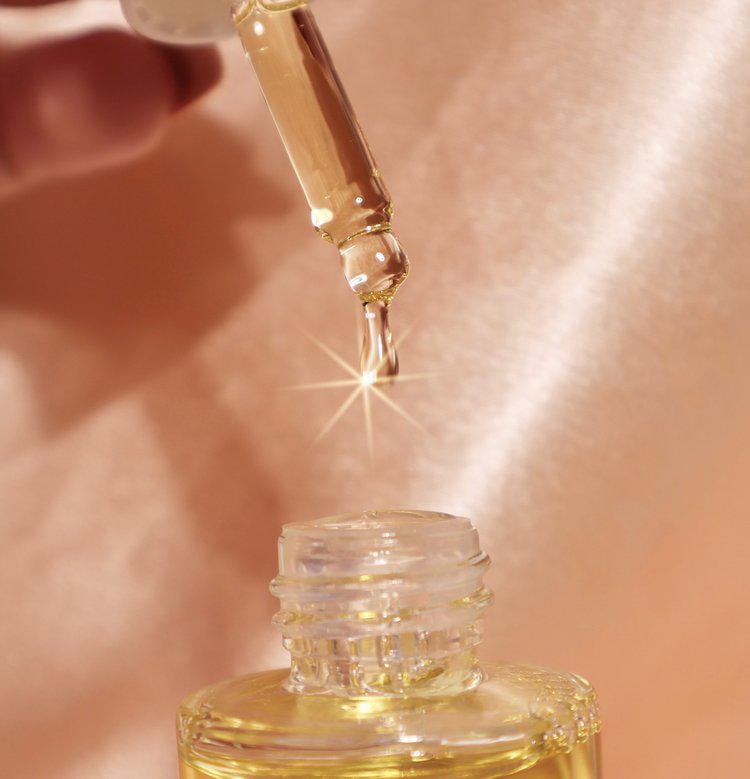
Genie Supply
Genie supply is a clean beauty lab for entrepreneurs. They specialize in skin care and clean color for private label and custom formulation.
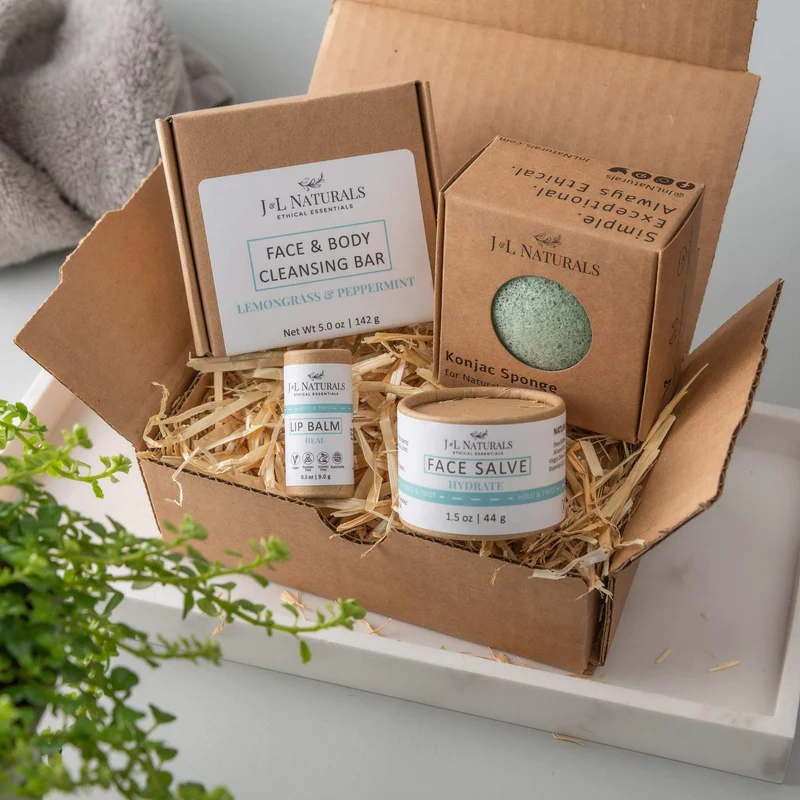
J&L Naturals
J&L Naturals is a private label skin care supplier that prioritizes high-quality, low-impact goods. Their products are always ethically produced and sustainably sourced, our natural products make it easy for you to be a responsible, healthy human.

Beauty Swish
Beauty Swish has been a specialized leading manufacturer of beauty and personal care products for 12 years in Guangdong, China. They specialize in the manufacturing of skin care tools. They have 10 beauty and personal care high-tech specialists in our R & D department who. have developed over 50 devices independently, and hold over 20 design patents and 8 utility patents.
Conclusion
As outlined in the above, if you are looking to launch a skincare line, there are multiple paths you can opt to take for bringing your brand to life. Private label is products are an incredible option if you are looking to launch your own brand with little risk and lower barriers to entry while custom formulation is the best way to launch your own line if you are looking for something unique and are comfortable with higher MOQs & upfront costs. Once you've put together a brief, you can submit it to Pietra to get started with a soft quote. We can't wait to work with you!
Once you've found your products, Pietra can help you get to your first sale. Pietra offers a members-only 3PL service, comprehensive sales and marketing tools, Shopify integration, and more to help you with product sales. With more than 250,000 clients, Pietra is the best operations platform for small e-commerce teams.


